A team of researchers suggests the space observatory just spotted 'dark stars'—theoretical stellar objects powered by dark matter.
, but only now is the Webb Space Telescope offering clear views of some of the most ancient light we can see. The theorized stars would be cool, puffy, and up to ten billion times the luminosity of the Sun, according to the research team.
The research team believes that dark stars could be misconstrued as large galaxies, and that the stars may seed the supermassive black holes seen even in the universe’s early days—which is to say, the first few hundred million years of its existence.Some of those supermassive black holes may also be at play in the gravitational wave background, which.
More observations with Webb will give astrophysicists a better look at those ancient sources of light; be they galaxies or stars powered by dark matter, we hopefully won’t be kept in the dark much longer.
Australia Latest News, Australia Headlines
Similar News:You can also read news stories similar to this one that we have collected from other news sources.
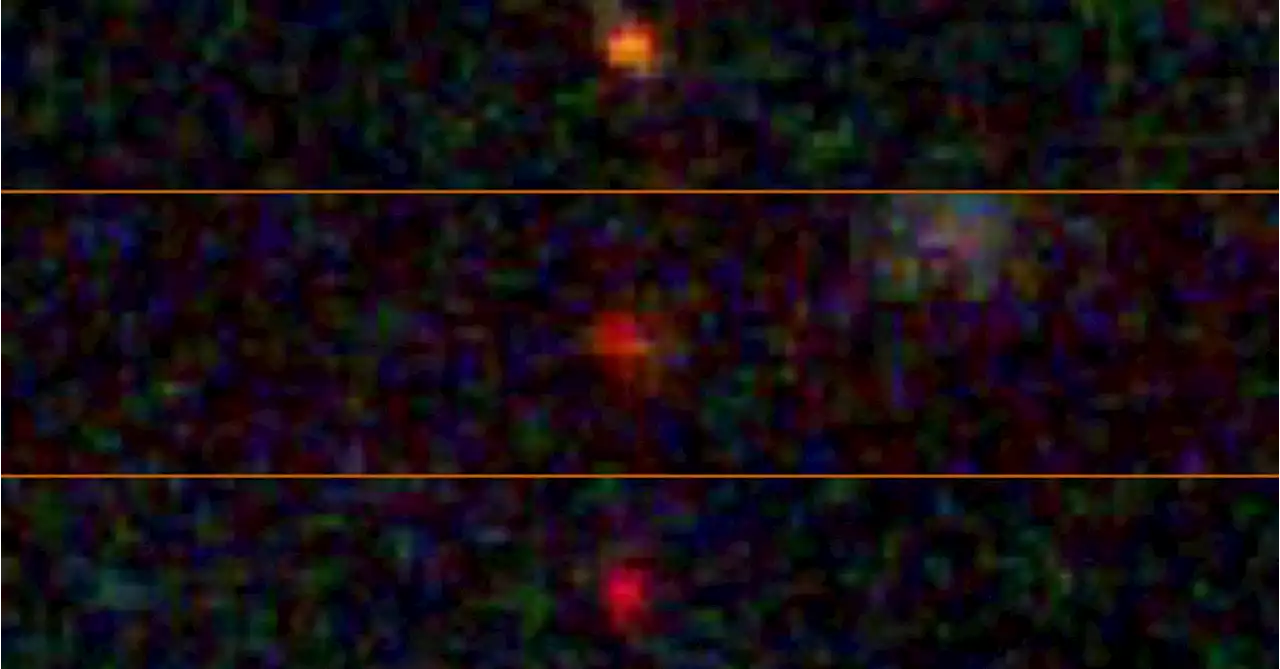 Webb telescope captures tantalizing evidence for mysterious 'dark stars'Scientists for the past 15 years have been looking for evidence of a type of star only hypothesized but never observed - one powered not by the fusion of atoms like the sun and other ordinary stars but by mysterious stuff called dark matter.
Webb telescope captures tantalizing evidence for mysterious 'dark stars'Scientists for the past 15 years have been looking for evidence of a type of star only hypothesized but never observed - one powered not by the fusion of atoms like the sun and other ordinary stars but by mysterious stuff called dark matter.
Read more »
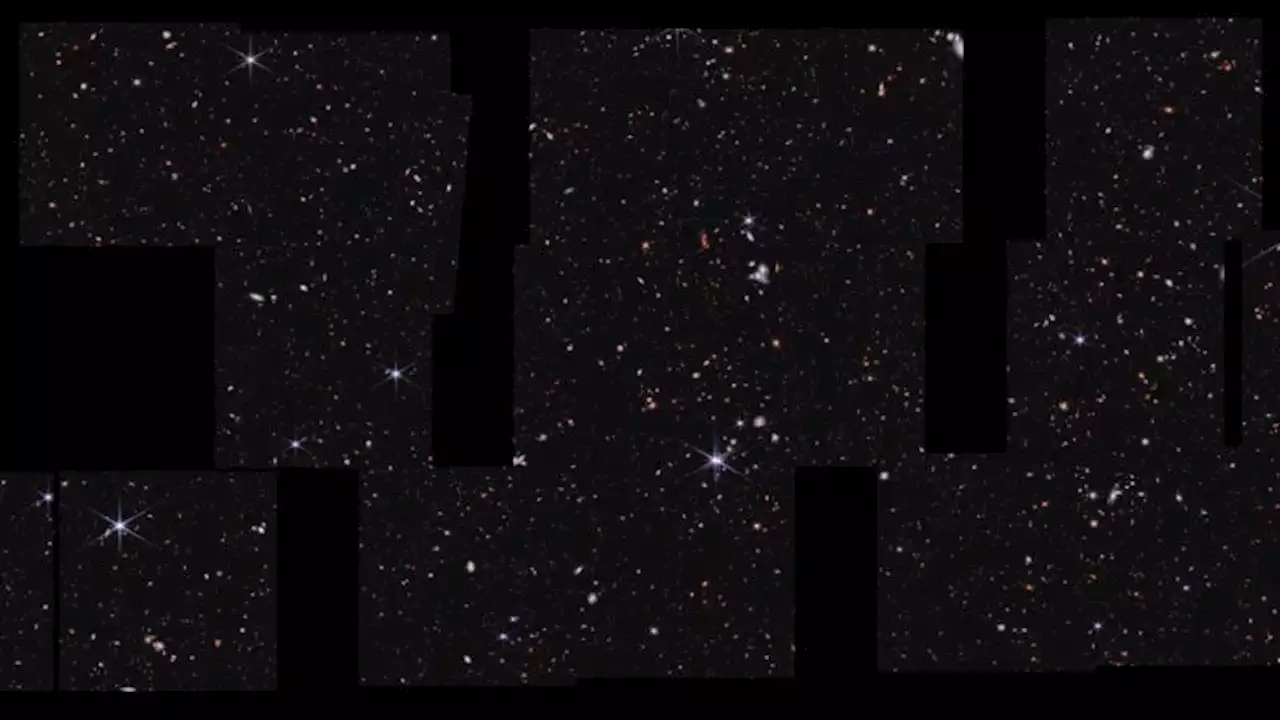 Webb telescope spies most distant supermassive black hole ever recorded | CNNThe James Webb Space Telescope has delivered yet another astounding discovery, spying an active supermassive black hole deeper into the universe than has ever been recorded.
Webb telescope spies most distant supermassive black hole ever recorded | CNNThe James Webb Space Telescope has delivered yet another astounding discovery, spying an active supermassive black hole deeper into the universe than has ever been recorded.
Read more »
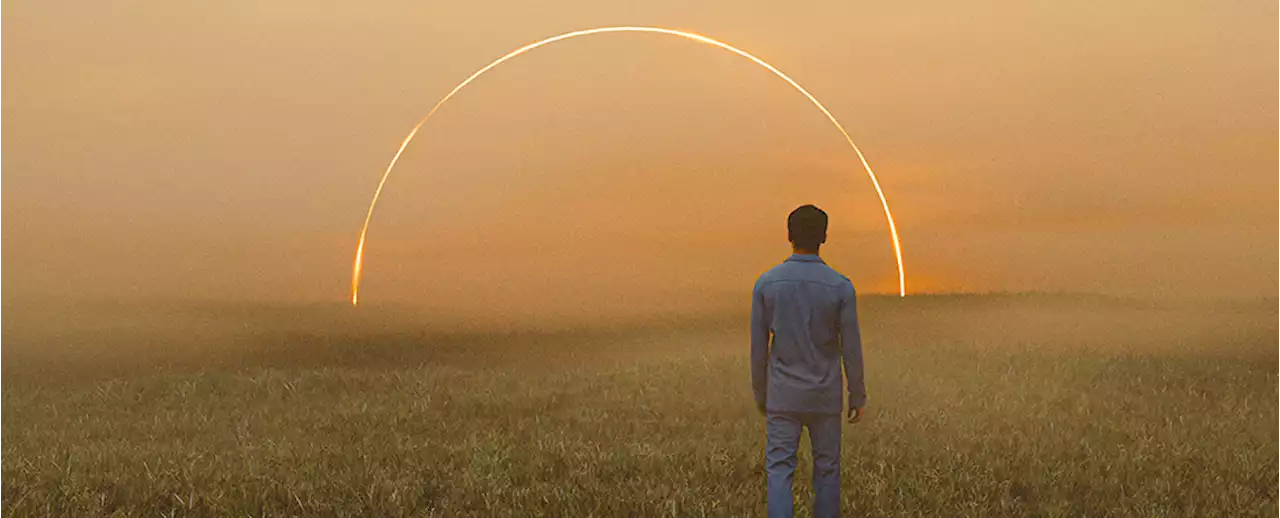 Physicists Just Figured Out How Wormholes Could Enable Time TravelTheoretical physicists have a lot in common with lawyers.
Physicists Just Figured Out How Wormholes Could Enable Time TravelTheoretical physicists have a lot in common with lawyers.
Read more »
 JWST may have spotted enormous stars powered by dark matterThe early universe could be home to huge stars powered by dark matter annihilation instead of fusion – and the James Webb Space Telescope may have already found some
JWST may have spotted enormous stars powered by dark matterThe early universe could be home to huge stars powered by dark matter annihilation instead of fusion – and the James Webb Space Telescope may have already found some
Read more »
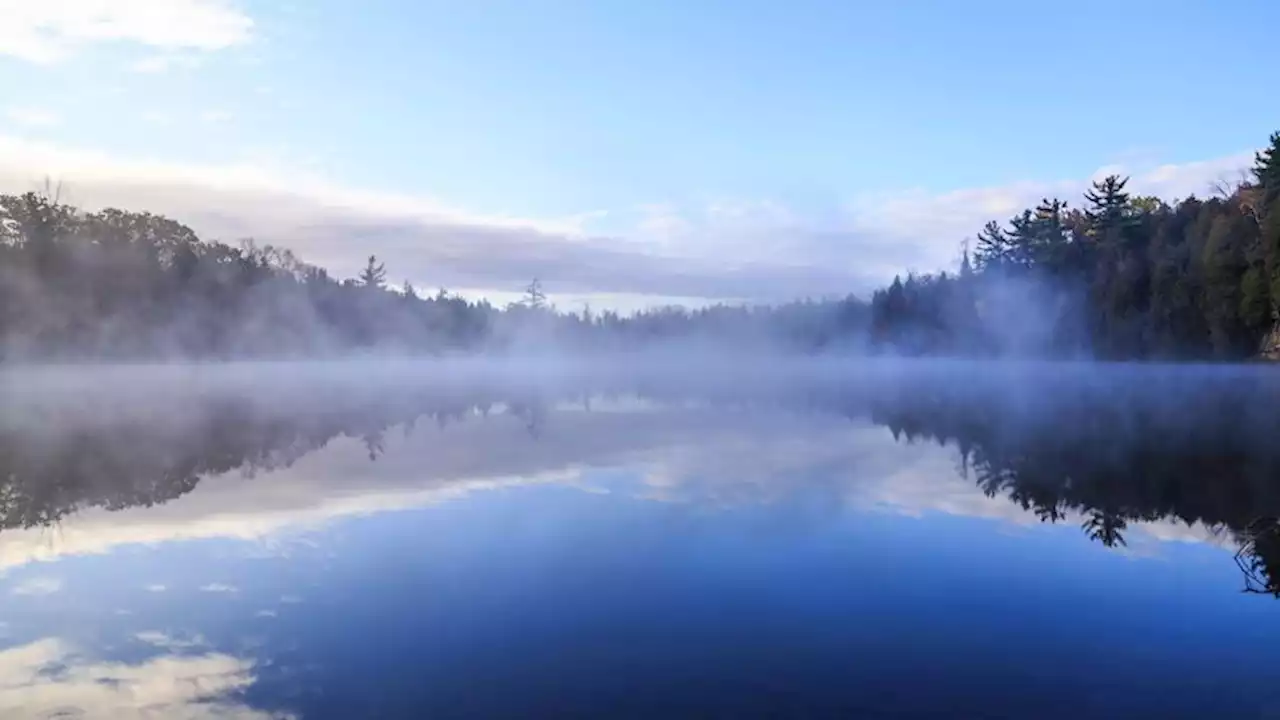 A Canadian lake defines the moment humans changed the planet forever | CNNIf humans went extinct, what trace would we leave in the geological record? An announcement this week suggests that humanity has already made an indelible impact and one that warrants a new chapter in Earth’s history.
A Canadian lake defines the moment humans changed the planet forever | CNNIf humans went extinct, what trace would we leave in the geological record? An announcement this week suggests that humanity has already made an indelible impact and one that warrants a new chapter in Earth’s history.
Read more »
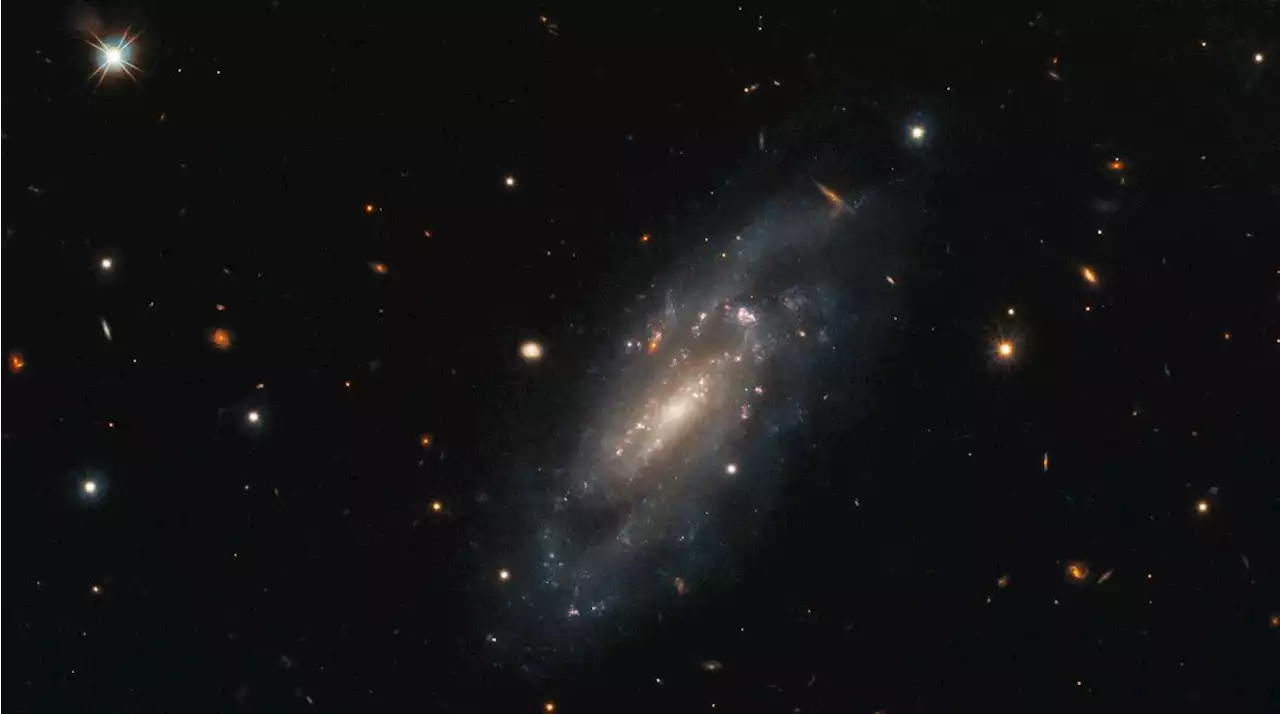 Hubble telescope captures stunning shot of spiral galaxy (photo)The picturesque spiral lies about 184 million light-years from Earth.
Hubble telescope captures stunning shot of spiral galaxy (photo)The picturesque spiral lies about 184 million light-years from Earth.
Read more »
